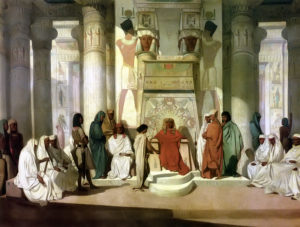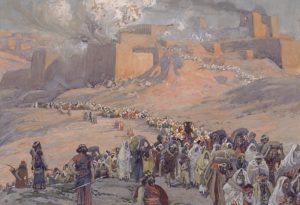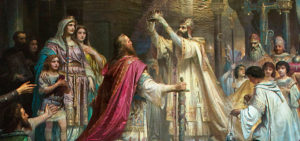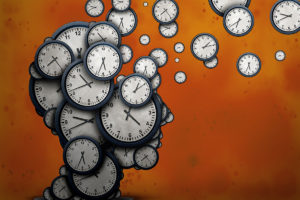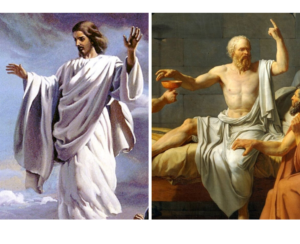MORE Articles
Neither Work nor Leisure Provides ‘Our Daily Bread’
God commands both work and rest, but neither of these provides our daily bread. Rather, they teach us to trust God to provide for our needs.
Family Conflicts and the Restoration of the Cosmos, Part II: Kingship and Servanthood within the Elected Family
The Hebraic morals of kingship emerge in the struggle between Joseph and his brothers. This confounding story inverts the typical relationship between ruler and ruled.
Part of the Family Conflicts and the Restoration of the Cosmos series
Living Well and Wisely with God and His People While Coping with Trauma
What do the Scriptures, especially the Hebrew Bible, have to say about the nature of traumatic events, and the lives of survivors coping with trauma? What does living well and wisely—positive coping—look like in the wake of horrific suffering?
Biblical Culture-Making: How Sacred Order Shapes Social Order
Humans construct a social order that reflects or corresponds to some kind of sacred order. The Sinai covenant and the book of Judges illustrate this truth.
Should We Repent of Our Grandparents’ Racism? Scripture on Intergenerational Sin
The recent murders of Ahmaud Arbery, Breonna Taylor, and George Floyd have left many Americans wondering how to respond to…
Bowing in the Service of God
Bowing before God helps us grasp the limitations of our power and knowledge. This new understanding shapes us to serve God in his endeavors of justice and charity.
Pandemics in the Bible? What the Biblical Authors Might Think about Coronavirus
Instead of pointing to a single teaching about pandemics in the bible, or various skin dysfunctions, to figure out what the biblical authors would think about COVID-19, Dru Johnson considers two recurring principles across Scripture.
Recovering the Political Teachings of the Hebrew Bible
To understand politics in the Hebrew Bible, we should re-engage with the passages that provide, through law and narrative, not just a picture of personal piety, but also a blueprint and a wealth of resources for conceiving of our civic and national life.
Time in the Bible
“The biblical view of time is radically different from both ancient philosophical and modern scientific views. In the Bible, time is personal.”
Jesus the Philosopher
Jesus talked like a philosopher and acted like a philosopher—but he also claimed to be more than a philosopher.

